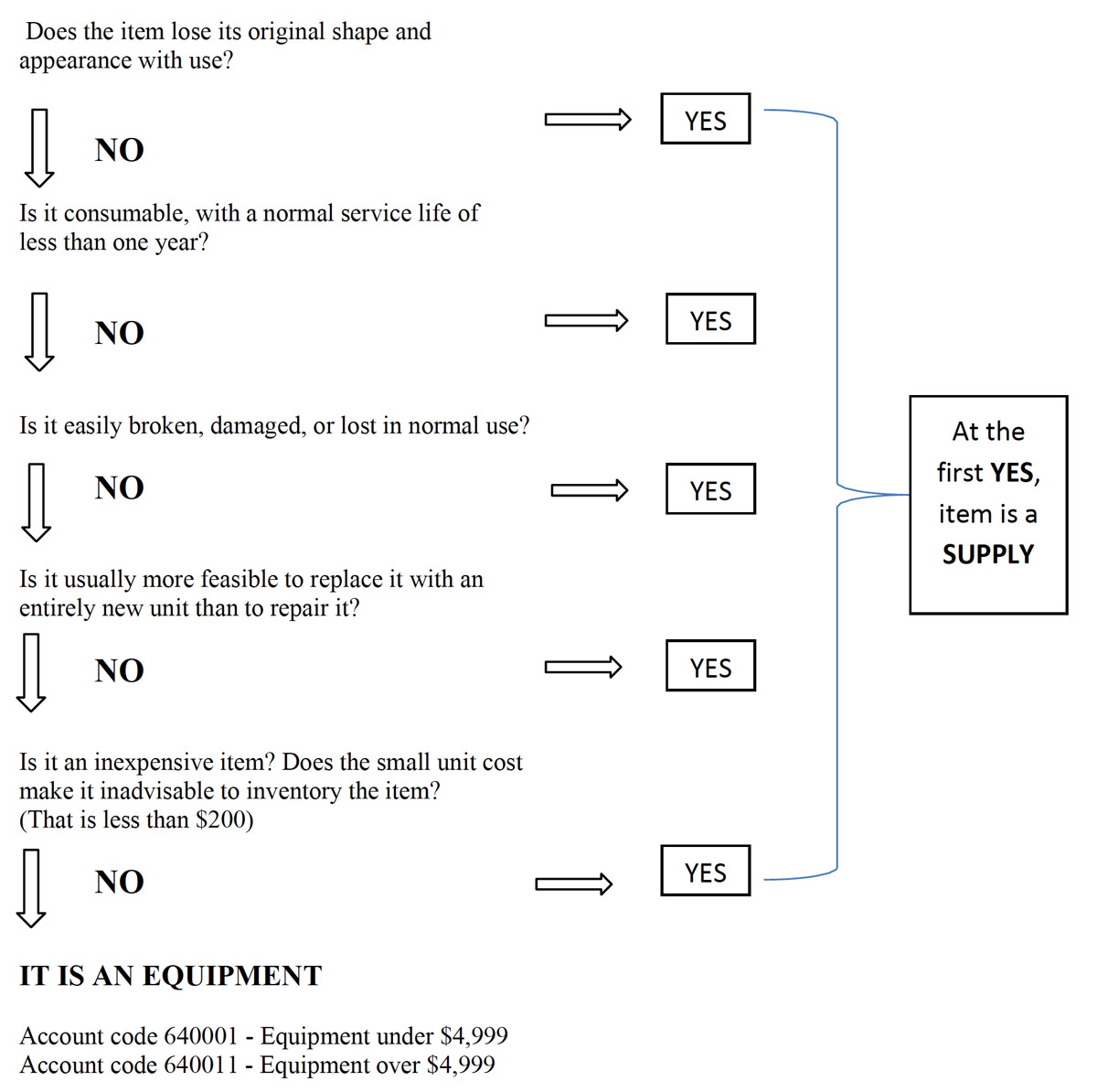The new integrated program review and resource request process was developed in Fall 2020 and Spring 2021 by the Budget Resource Advisory Council (BRAC) in response to the college’s need for a simplified resource allocation process that is transparent, and requests linked to program review and the college strategic goals.
The key elements of the new process are:
- resource requests are prioritized to meet the needs of program
- resource requests are aligned to institutional goals
Requests should be for funding needed beyond what is currently available in department operations budgets. Refer to WVC Operating Budget to determine the department budget.
Submit Resource RequestKey Terms and Definitions
Classified Overtime
Classified: Hours worked more than seven and one-half (7 1/2) hours per day, or more than thirty-seven and one-half (37 1/2) hours per week.
Supervisors: Hours worked more than eight (8) hours per day, or more than forty (40) hours per week.
Part-Time Classified Special Services –Short-Term, Substitute and Professional Expert
Note: All of the below are hired under a Notice of Employment (NOE) and paid only for the hours worked.
Short term: a person who is employed to perform a service for the community college district, upon the completion of which, the service required, or similar services will not be extended or needed on a continuing basis.
Substitute: A person employed to replace a classified employee who is temporarily absent from duty.
Professional Expert: Employed on a temporary basis for a specific project and are not part of the classified staff. They offer unique or greater education/experience than that required of employees in regular assignments.
Consulting, Contract or Professional Services
Consulting and Professional Services: Contract for professional or consultant services provided by an individual or firm.
Contract Services: For payments to firms providing services such as security, armored transport, hazardous material disposal, etc.
Faculty Stipends or Special Assignments (Reassigned Time)
Faculty Stipends: Payment for activities not included in a faculty member’s job description and are not part of their professional institutional responsibilities. Stipends are not for instructional service.
Instructional Equipment
Purchase of tangible property with a purchase price of at least $200 and a useful life of more than one year, items that would be repaired other than replaced. other than land or buildings and improvements. Expenditures for activities which directly benefit the instruction of students to achieve the educational program’s goals.
Instructional Software
Programs that allow students to learn content, practice content already learned which allows instructors and students to demonstrate concepts, simulations, and record and analyze data, (e.g., types of software may include, but not limited to authoring, graphic, reference, tutorial, math, special needs).
Instructional Supplies and Materials
Used by students, faculty, and other personnel in connection with an instructional program. Supplies and materials are items that are expendable and quickly consumed or easily broken, damaged, or lost.
Included in this category are instructional, library, tests, periodicals, magazines, pictures, maps, computer software, and other expendable items having a useful life of less than one year.
Non-Instructional Equipment
Purchase of tangible property with a useful life of more than one year, other than land or buildings and improvements. Not directly used for instruction. (e.g., supplies for the office).
Non-Instructional Software
Programs that are not related or connected with the process of instruction.
Non-Instructional Supplies and Materials
Supplies and materials are items not directly used by students that are expendable and quickly consumed or easily broken, damaged, or lost. This would also include books/magazines not directly used by students. Included in this category are office supplies.
Professional Development
Tools, resources, and training sessions to improve quality and effectiveness; to allow faculty and staff to further their knowledge in their subject; for mentorship and to learn new techniques to better meet the needs of students.
Student Worker (Part time hourly classified)
A WVMCCD student employed part time in any college work study program, or in a work experience education program.
Students cannot work as student workers and as short term classified employees (seasonal, substitute/replacement, or project based) at the same time.
Guideline for Distinguishing Equipment from Supply
Whether an item should be classified as equipment or as supplies is determined on the basis of the length of time the item is serviceable and on its contribution to the value of the district. For example, supplies are constantly being consumed and replaced without increasing the value of the physical properties of the district. Equipment has relatively permanent value, and its purchase increases the value of the physical assets of the district.
Some articles clearly cannot be classified as either supplies or equipment. They have the characteristics of equipment, but they have a low unit cost or are frequently lost, broken or worn out and replaced in normal use. To obtain uniformity, the district should assign items to the various classifications on the basis of the answers to the questions in the list below.

